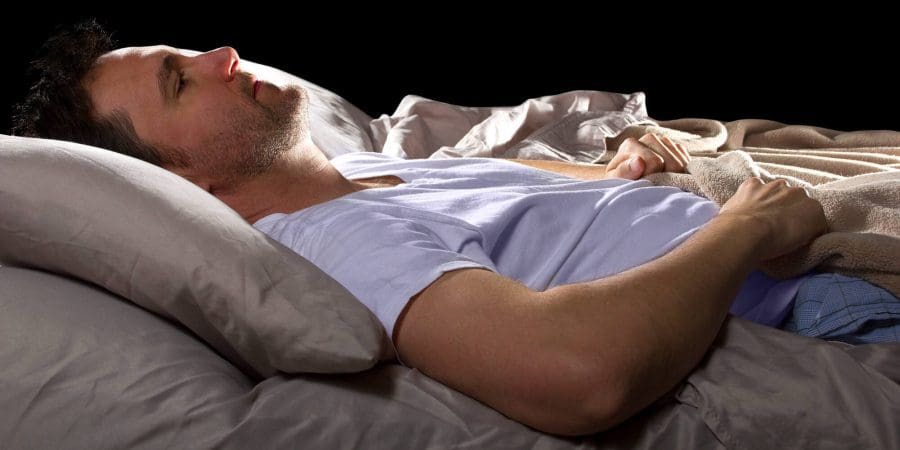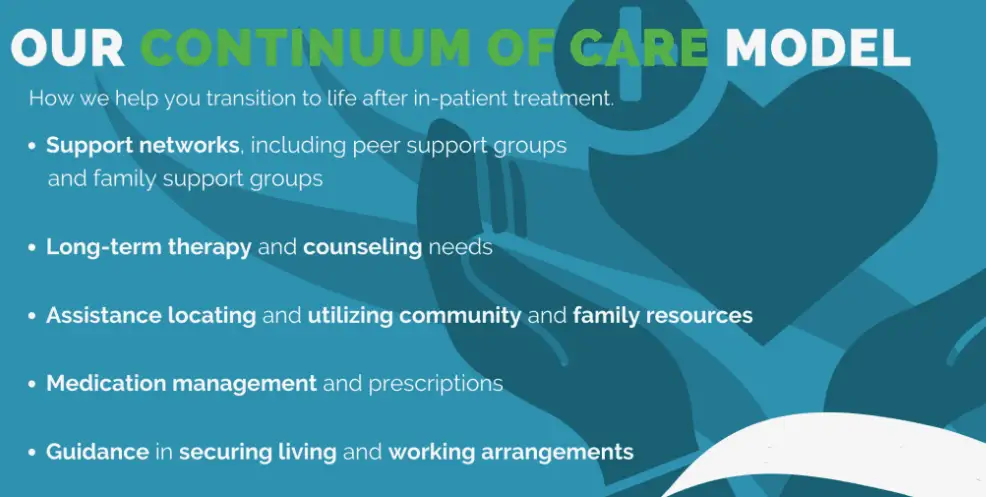Detox is no easy task, regardless of how you approach it. This procedure is frequently accompanied by side effects and symptoms of withdrawal, which can leave you physically and psychologically exhausted.
Some people believe they can go through the detox process independently or in the privacy of their own homes. A lot of people try an at-home detox to start the recovery process instead of going to a professional detox center near Lima, Ohio because it may seem unnecessary, or perhaps embarrassing, at first. While an at-home detox may provide all the comforts of home, it can also be ineffective, resulting in a severe relapse, which is extremely dangerous.

Detoxing at Home vs. Detoxing at a Facility
Detoxing at home and detoxing in a therapy center are two very different experiences. You should know precisely what you’re getting yourself into before deciding on one or the other.
Detoxing at Home
How Does an At-Home Detox Work?
Detoxification is the body’s natural process of ridding itself of toxic chemicals. Withdrawal symptoms may appear during this period. Furthermore, the person may require medical and supportive treatment to keep the symptoms under control.
The first step toward rehabilitation is to detox. In a professional detox center, medications and other techniques are used to aid the body’s natural cleansing process.
At-home detox is simply when a person tries to go through this exercise without any form of medical supervision.
In general, an at-home detox means abstaining from drugs or alcohol, frequently by going “cold turkey” with withdrawal, which can be fatal for particular substances of abuse.
People may try home treatments they read about online, but they have been proven useless in most cases unless there is medical supervision present.
What Are the Consequences of Doing Detox at Home?
Those who attempt to detox on their own frequently revert to using the substance in an attempt to alleviate withdrawal symptoms. As a result of the significant risk of overdosing in these situations, at-home detox is intrinsically less safe than detox from a facility.
Detoxing at a Facility
The most significant distinction between detoxing at home and in a rehab facility is control and safety. Medical detox is the safest technique to detox from drugs or alcohol due to the potential for health consequences.
The entire procedure of medical detox is under the supervision of medical personnel. If issues emerge or withdrawal symptoms become severe, these specialists can respond promptly.
Why You Should Detox in a Facility
Medical detox is typically the most comfortable alternative, not simply because it keeps the patient safe. Because medical personnel is present, they may assist patients in easing physical and mental withdrawal symptoms throughout the procedure.
A detox may be physically and psychologically exhausting. Thus, medical detox is meant to assist patients with both. While medicine can help with some of the physical symptoms, drug abuse therapy can help with the psychological components of addiction. This holistic strategy, when taken together, can lead to higher long-term success.

Committing to a Detox Center near Lima, Ohio
Detoxification is just the beginning. Other types of therapy are frequently required to achieve long-term sobriety. Patients in our inpatient recovery program can see the complete picture of addiction and work through all of the challenges that come with it. Please do not hesitate to contact us if you want to learn more about us and our activities at Ridgeview Behavioral Hospital.
FAQ
1. What are the risks of detoxing at home?
Detoxing at home can be risky due to the potential for severe withdrawal symptoms, lack of medical supervision, and the possibility of relapse. Without professional help, individuals may experience dangerous physical and psychological effects.
2. What are the benefits of detoxing in a facility?
Detoxing in a facility offers the advantage of medical supervision, which ensures safety during the withdrawal process. Facilities provide a structured environment, access to healthcare professionals, and support for managing withdrawal symptoms and preventing relapse.
3. How do I know if I need to detox in a facility?
Individuals with a history of severe addiction, previous withdrawal complications, or co-occurring medical or mental health conditions should consider detoxing in a facility. Consulting with a healthcare provider can help determine the safest and most effective detox method.
4. What should I expect during a medical detox at a facility?
During a medical detox at a facility, patients can expect comprehensive assessments, continuous monitoring by healthcare professionals, and the administration of medications to manage withdrawal symptoms. The process is designed to ensure comfort and safety throughout detoxification.
5. How long does the detox process take in a facility versus at home?
The duration of the detox process can vary based on the substance used, the severity of the addiction, and individual health factors. Detox in a facility typically ranges from a few days to a week, while at-home detox may be longer and less predictable without medical supervision.





















